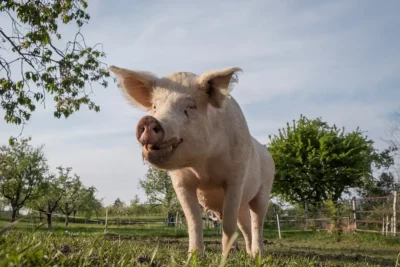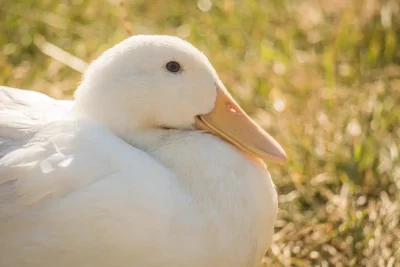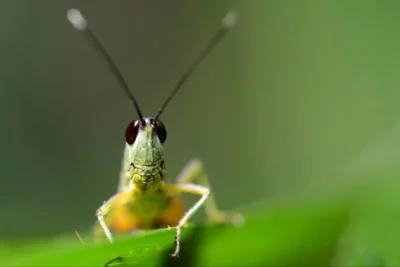Intelligence is the ability to acquire knowledge and skills and to apply them appropriately. Some humans are more intelligent than others, just as some dogs, cats, ferrets, and mongooses are more intelligent than others. But are some species generally smarter than others, and if so, what does that mean for the way we treat them?
Human and Animal Intelligence
For hundreds of years, humans thought that we were unique in our intelligence. We said we were the only species to use tools. We were wrong. We thought we were the only species with self-awareness and the ability to communicate. We were wrong on both counts. We believed that we were the only species with a concept of time. Again, wrong.
Today, we acknowledge that, even with a very human-centric definition of intelligence, we are just one species among many who learn and apply knowledge appropriately and demonstrate intelligence. That includes the species most commonly cited as intelligent, such as elephants, dolphins, parrots, and crows, but it also includes the species most commonly exploited and harmed by people, such as chickens, cows, sheep, and pigs.
How Intelligent Are Pigs?
It is often said that pigs are an incredibly intelligent species, and they really are. For a start, they have self-awareness and creativity, they perceive time, and they have episodic memory — that is, they remember what happened and where. They are discriminatory, have long-term memory, and are excellent with spatial navigation. They are also emotional creatures, enjoy play, and are socially complex. In terms of intelligence, they are much aligned with dogs.
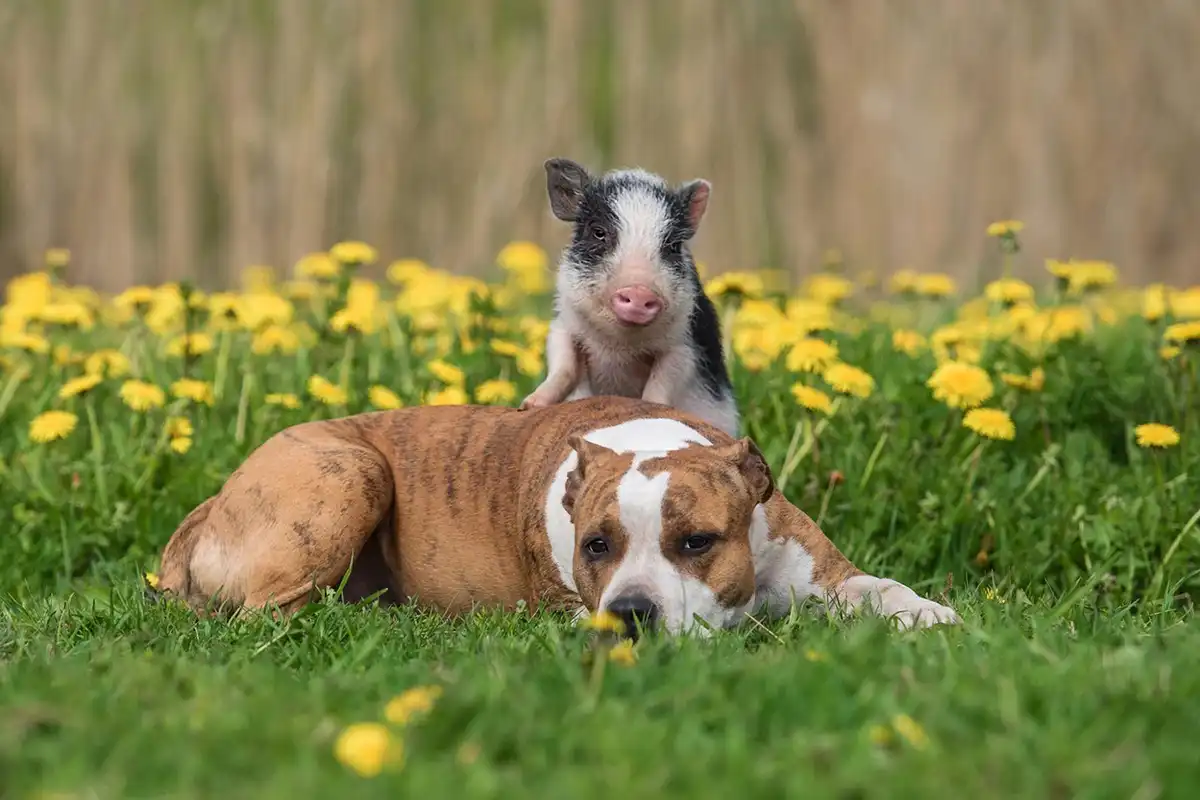
Are Chickens Smart?
Of course, pigs are not the only intelligent species we farm and slaughter to eat. Chickens are also incredibly intelligent creatures, as anyone who has ever cared for them will know. They can empathize, dream, count, navigate, and recognize others — even up to 100 people! They have complex communications, can do basic math, and can be sneaky and deceptive when needed! In short, chickens are incredibly smart.
Are Sheep and Cows Smart?
Some people make assumptions about sheep and cows based on biases and inaccuracies. Sheep are flock animals and find safety in a group, just as fish form shoals and birds form flocks. And the dreamy look that cows have is because, although they have panoramic vision, they see things less sharply. We can make no assumptions about intelligence based on these attributes, and the facts tell a very different story.
Sheep have excellent learning skills and memories and can even remember photographs of the faces of more than 50 other sheep for several years. They also form complex social relationships and can interpret emotions on the faces of other sheep. They have distinct personalities and preferences, and are emotional beings, with the ability to feel optimistic or pessimistic based on their experiences.
Cows also learn tasks quickly, have long-term memories, and can distinguish between different people. They experience complex emotions, including fear, stress, and anxiety, and — because they are highly empathetic animals — these emotions can spread through a herd. Cows are social animals, forming friendship bonds that last a lifetime.
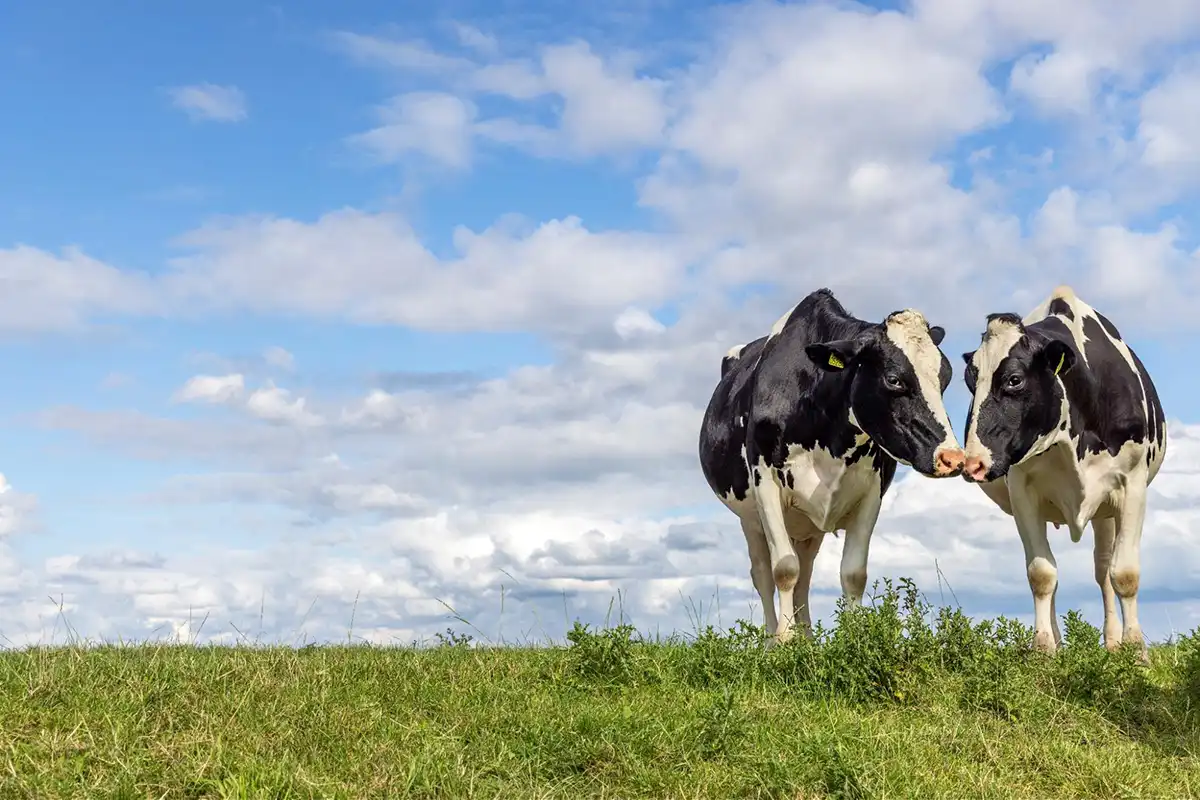
Intelligence and Ethics
Here is some food for thought: does greater intelligence demand a higher duty from us in terms of how we treat different species? If so, at what level of intelligence do our ethics kick in, and whose definition of intelligence should we trust, given that animals are routinely proving us wrong in our own assumptions about their inner lives and abilities?
The philosopher Jeremy Bentham famously said: “The question is not, Can they reason?, nor Can they talk? but, Can they suffer? Why should the law refuse its protection to any sensitive being?” In other words, whether we believe an animal can reason or not, and whether or not we can understand the language they use, we should extend compassion to all animals who are capable of suffering simply because of that capacity.
After all, would we deny rights to a human baby because they cannot reason or communicate in our own language?
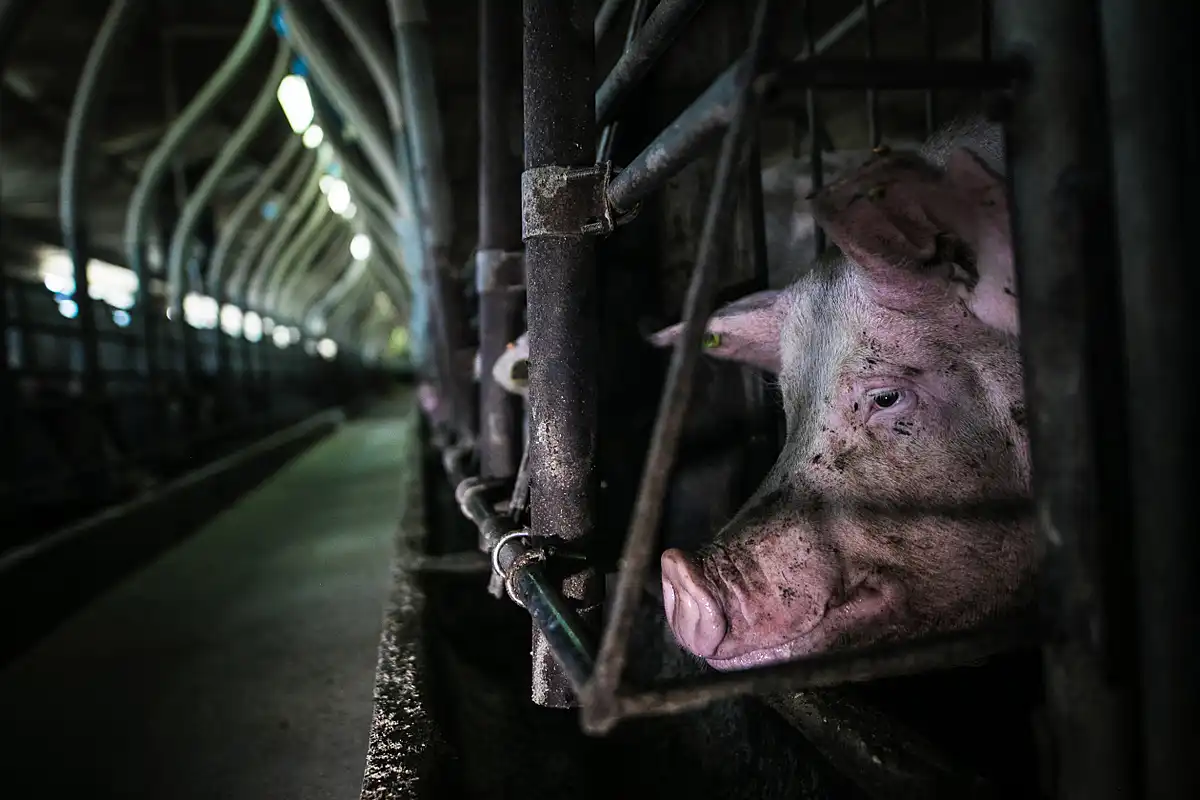
Intelligence and Diet
When it comes to intelligence, it cannot be said that all people demonstrate it, and we can debate whether destroying the planet or poisoning the environment suggests we are a clever species! But one study about diet and intelligence gave us pause for thought. It found that children with a higher IQ are more likely to become vegetarian. And history has gifted us with many examples of highly intelligent vegetarians.
Famous and Gifted Vegetarians
There are so many highly intelligent vegetarians including Pythagoras, Thomas Edison, Annie Besant, Leo Tolstoy, and Louisa May Alcott. And here are a few quotes by some more exceptional vegetarians.
“But for the sake of some little mouthful of flesh we deprive a soul of the sun and light, and of that proportion of life and time it had been born into the world to enjoy.” — Plutarch
“It is my view that the vegetarian manner of living, by its purely physical effect on the human temperament, would most beneficially influence the lot of mankind.” – Albert Einstein
“Animals are my friends… and I don’t eat my friends.” — George Bernard Shaw
“I have from an early age abjured the use of meat, and the time will come when men such as I will look upon the murder of animals as they now look upon the murder of men.” — Leonardo da Vinci
“[We] have found splendid substitutes for furs, feather hat trimmings and kid gloves, and know we are better off without eating meat. We practice the convictions of our minds and hearts.” — Maude Freshel
“Now I can look at you in peace; I don’t eat you anymore.” — Franz Kafka
“My food is not that of man. I do not destroy the lamb and the kid to glut my appetite.” — Mary Shelley, writing in Frankenstein
“People often say that humans have always eaten animals, as if this is a justification for continuing the practice. According to this logic, we should not try to prevent people from murdering other people, since this has also been done since the earliest of times.”
― Isaac Bashevis Singer
“My refusing to eat flesh occasioned an inconveniency, and I was frequently chided for my singularity, but, with this lighter repast, I made the greater progress, for greater clearness of head and quicker comprehension. Flesh eating is unprovoked murder.” — Benjamin Franklin
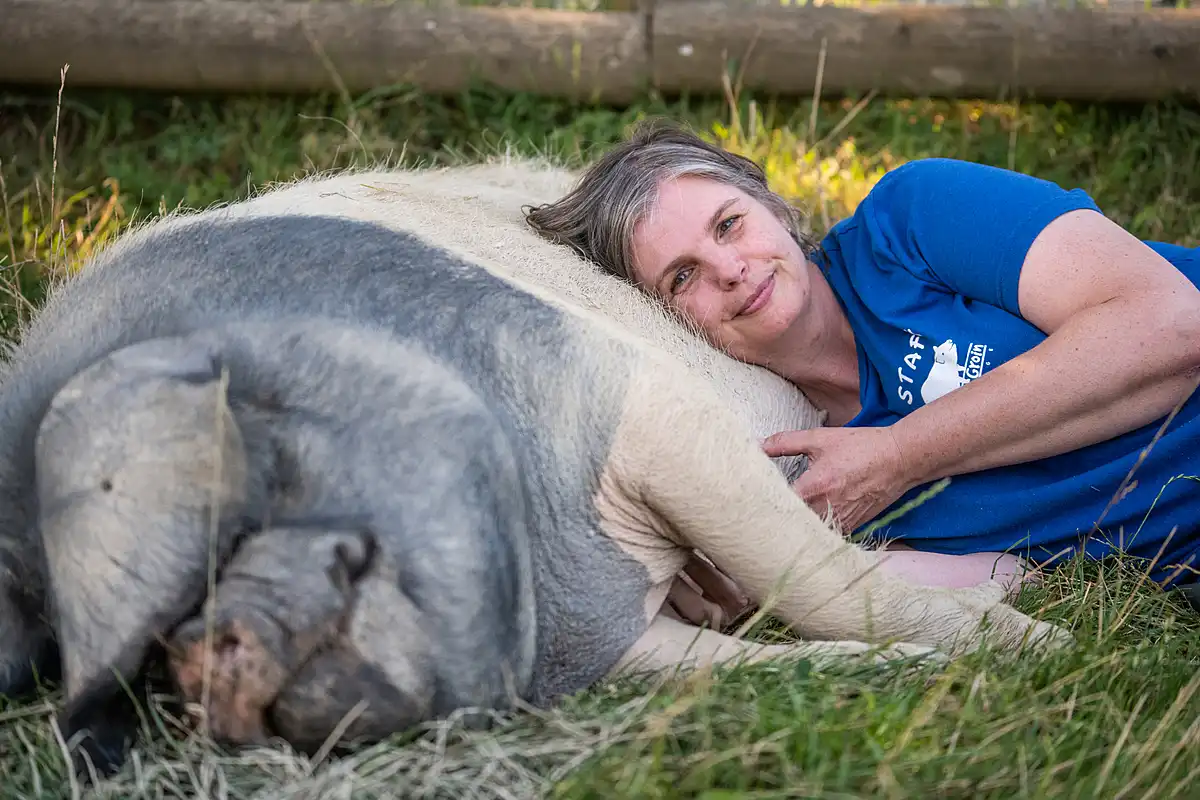
Conclusion
There is no doubt at all that pigs — as well as chickens, sheep, and cows — are intelligent beings, with complex inner lives and social structures. This should come as no surprise. But their intelligence is not the reason we advocate sparing their lives. Along with intelligence, memory, creativity, and all the other attributes they have, they share with us the ability to suffer, the desire to live without being harmed, and the wish for autonomy. These are among the many reasons why we say animals are here with us, not for us, and we encourage people to live their lives without causing harm, and let animals live theirs.
